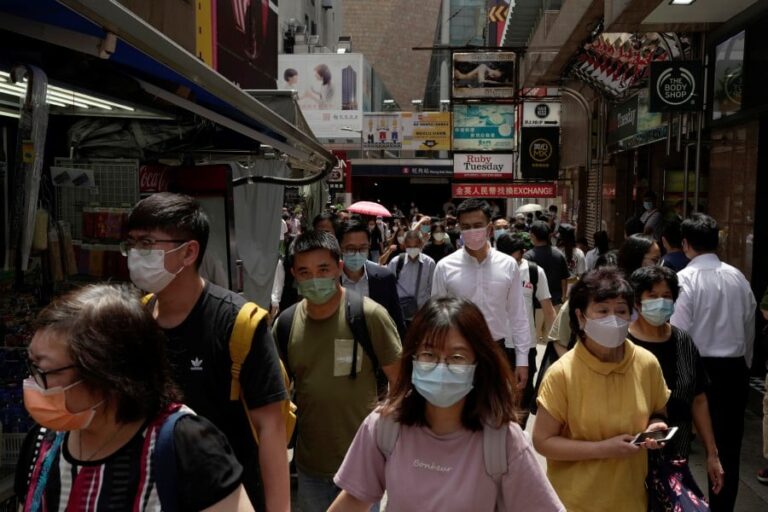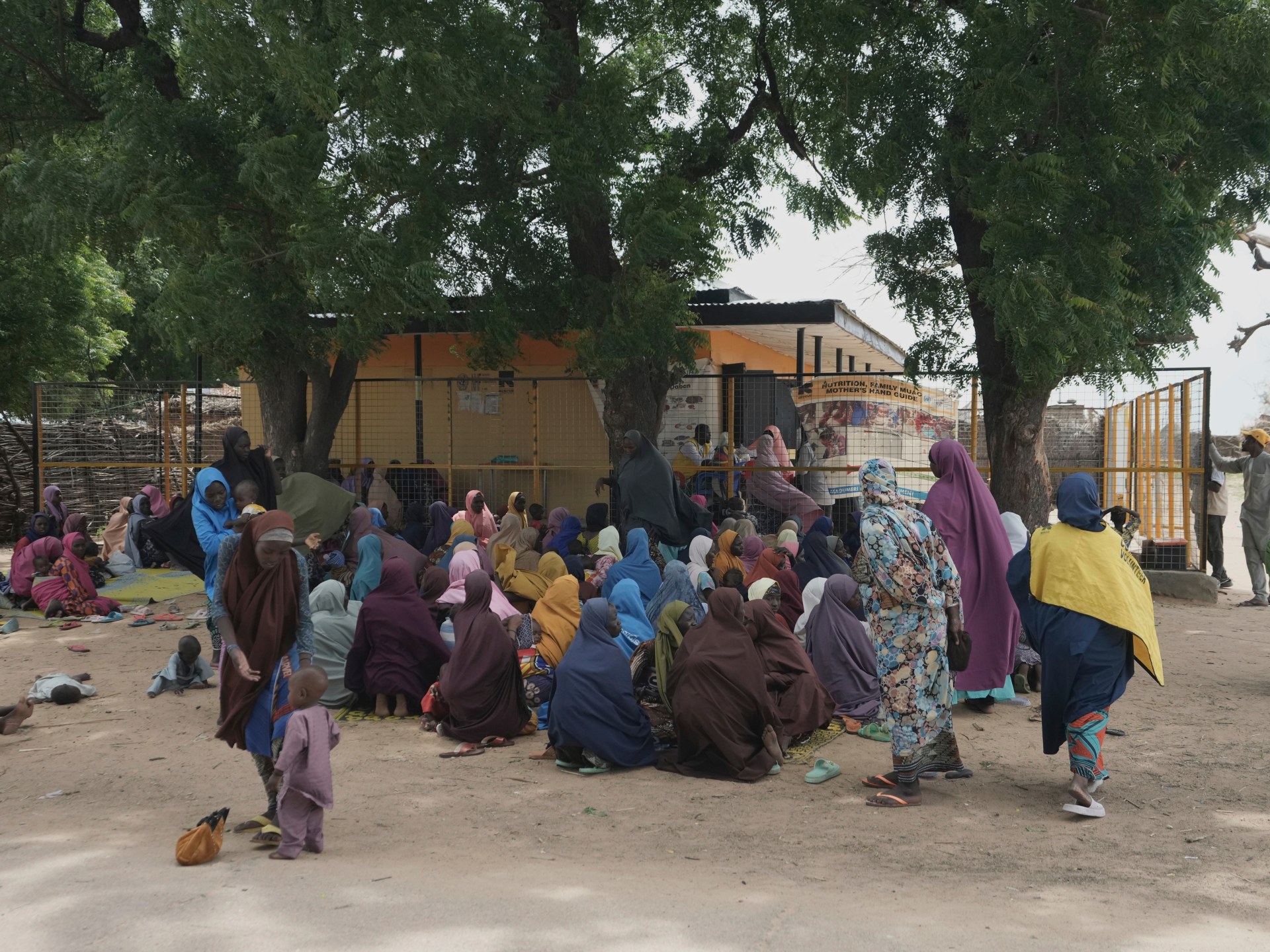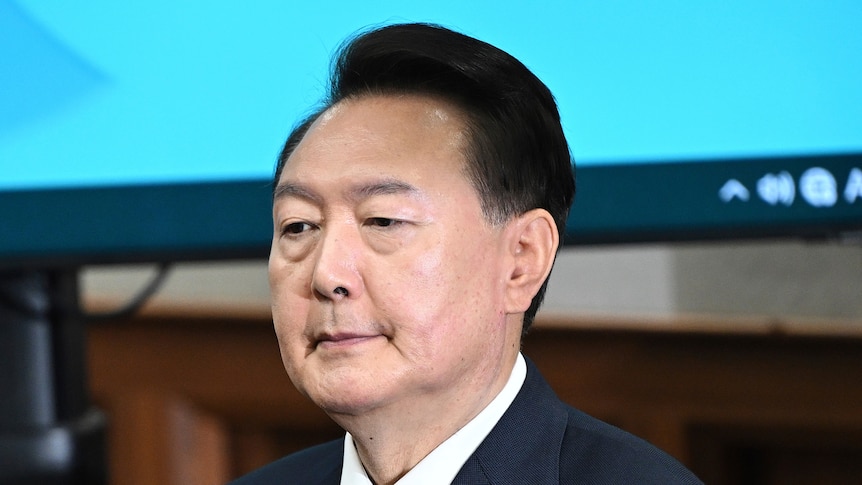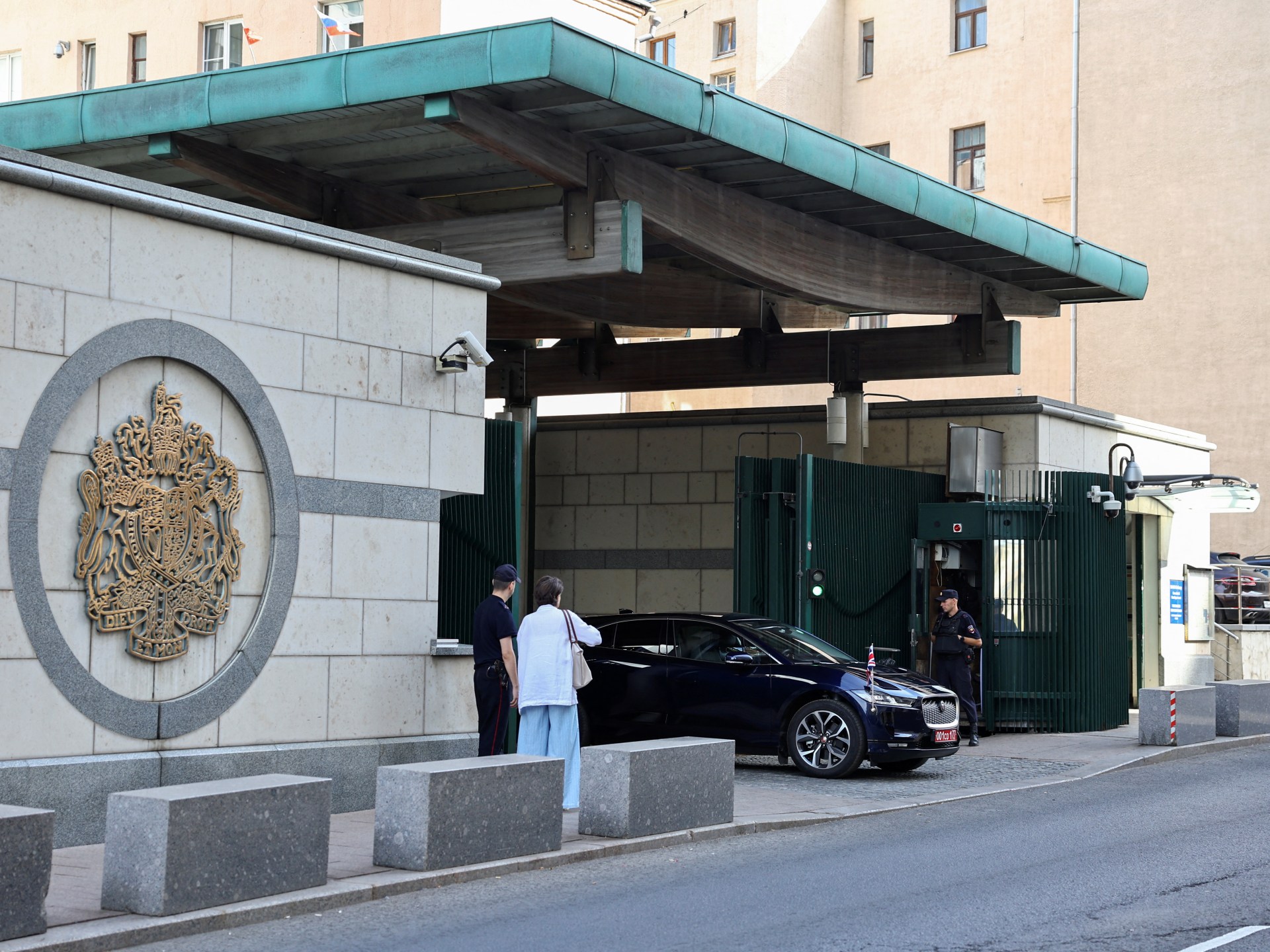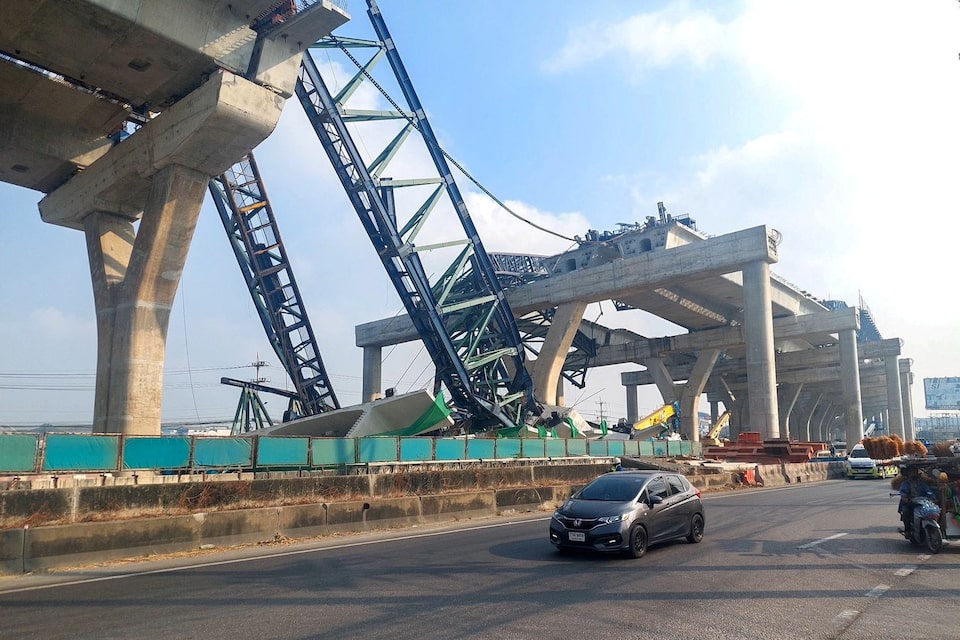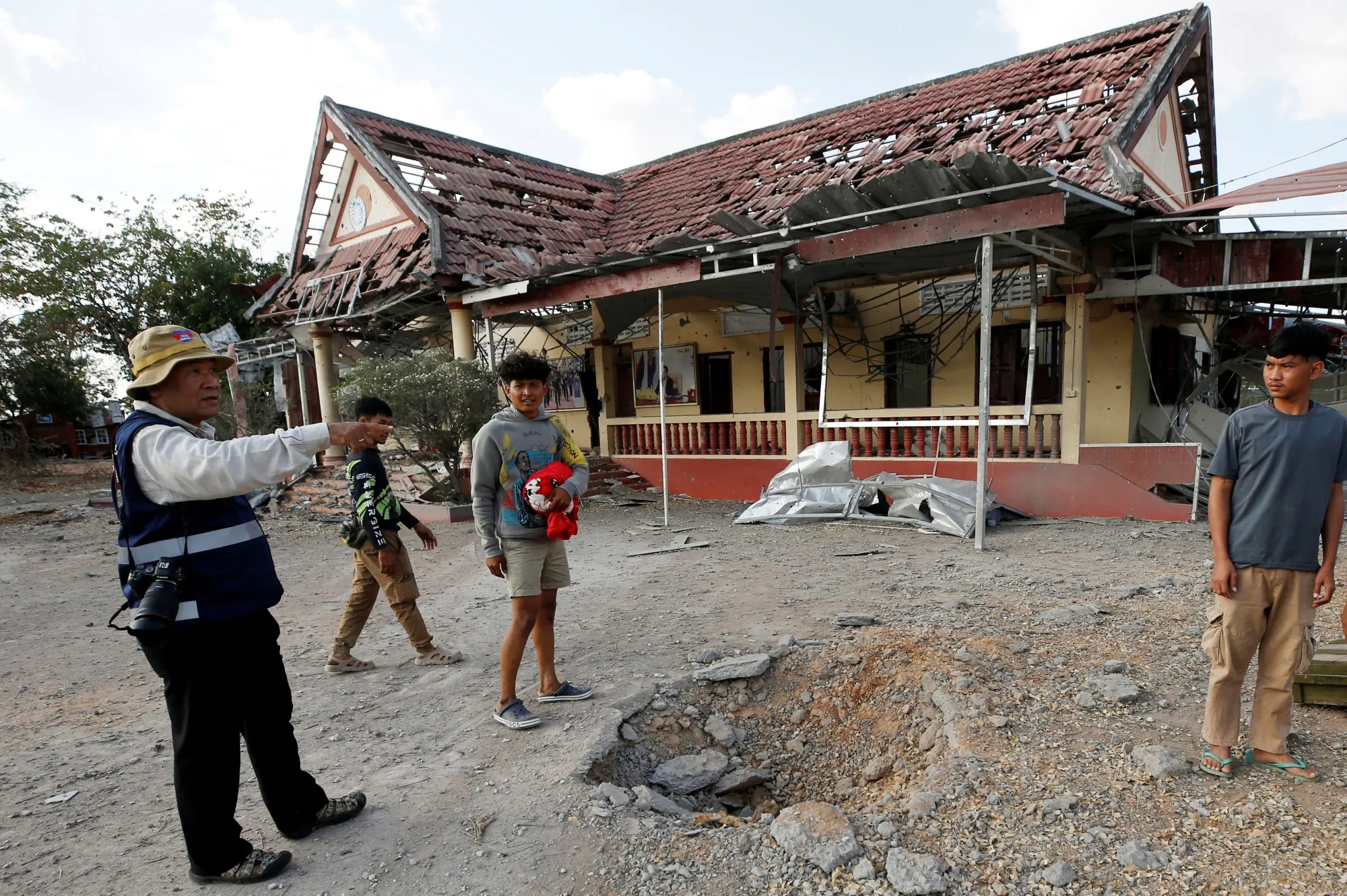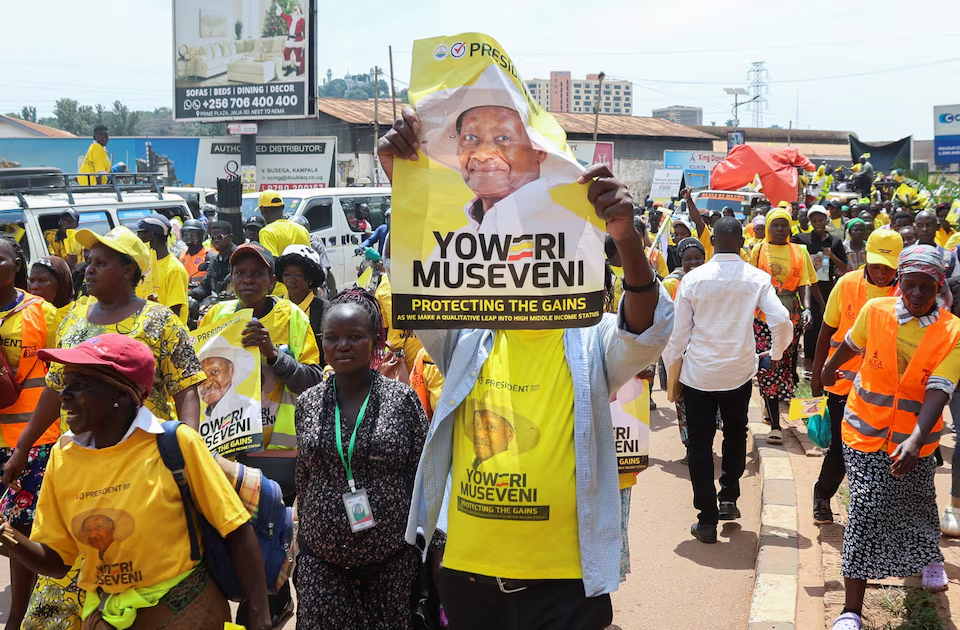The Philippine government has unveiled a series of reforms aimed at strengthening protections for its overseas domestic workers, including a long-awaited pay raise and new measures to safeguard worker welfare.
The Department of Migrant Workers (DMW) announced that the minimum monthly wage for Filipino domestic staff abroad will rise from $400 to $500 — roughly 1,800 Qatari riyals. The increase, which will be written into all new employment contracts processed by the agency, is intended to secure fairer pay for the thousands of Filipinos who take on caregiving and household jobs overseas.
“The Department shall implement an increase in the minimum monthly wage … to uphold the right of every domestic worker to fair wages,” the advisory read.
Migrant Workers Secretary Hans Leo J. Cacdac said the reforms will be phased in over a 60-day transition period, giving recruiters and employers time to adjust. The directive, he added, will apply not only to newly hired domestic workers but also to those renewing contracts.
Read Aso: Trump: Putin May Attend 2026 North America World Cup
Beyond wages, the package includes reforms that reflect the realities of domestic labor abroad. Workers will have access to mandatory annual medical check-ups — voluntary at first — while caregivers will be recognized under a separate job category, acknowledging the heavier responsibilities and specialized skills their roles demand.
The DMW is also introducing digital tools to tighten oversight. A “know your employer” video call will precede contract signings, aimed at making the hiring process more transparent. A monitoring system called Kumusta Kabayan? (“How are you, fellow Filipino?”) will check in on workers’ welfare throughout their contracts.
Roughly 20 to 30 percent of the Philippines’ overseas workforce is employed as domestic staff, according to the DMW. For many families, the remittances sent home by these workers are the backbone of household income. Yet stories of exploitation and abuse have persisted for years, placing pressure on Manila to act.
By linking higher wages to stricter safeguards, the government is signaling that its workers — often women laboring far from home — deserve more than gratitude. They deserve protections written into policy, not left to chance.

